We the UAE 2031
The United Arab Emirates has long been a nation of ambition, resilience, and innovation. Since its founding by the late…
The United Arab Emirates has long been a nation of ambition, resilience, and innovation. Since its founding by the late…
His Highness Sheikh Hamdan bin Mohammed bin Rashid Al Maktoum, Crown Prince of Dubai, Deputy Prime Minister, and Minister of…
Under the visionary leadership of His Highness Sheikh Mohammed bin Zayed Al Nahyan, President of the UAE, innovation has become…
In its continuous pursuit to strengthen family bonds and fostering social solidarity, the United Arab Emirates has declared 2025 as…
January 17 will forever be etched in history as a global symbol of the UAE’s unity, bravery, and unwavering loyalty…
The United Arab Emirates, a global leader in various sectors, has consistently embraced ambitious initiatives that shape the future. Since…
In a visionary initiative reflecting the UAE leadership’s commitment to fostering a united and prosperous society, His Highness Sheikh Mohammed…
The United Arab Emirates continues to forge ahead with confidence in its ongoing journey to enhance and improve the quality…
The United Arab Emirates continues to forge ahead with confidence in its ongoing journey to enhance and improve the quality of human …
On November 30, 1971, a date etched in the annals of pride and honour, the name of the UAE’s first martyr, Soldier …
Under the visionary leadership of His Highness Sheikh Mohamed bin Zayed Al Nahyan, President of the UAE, the nation is advancing steadily …
With the support and guidance of its wise leadership, the United Arab Emirates has taken a significant global step in environmental conservation …
In a ministerial reshuffle that can only be described as a blessing for the United Arab Emirates, His Highness Sheikh Mohamed bin …
Actions speak louder than words. This is a lesson we learned in the school of leadership. Just days ago, the UAE was …
The United Arab Emirates believes that the future does not wait for the hesitant; thus, it has embraced its developments and changes, …
The leadership of the United Arab Emirates always adopts a glass-half-full vision across all sectors and fields of development in the country, …
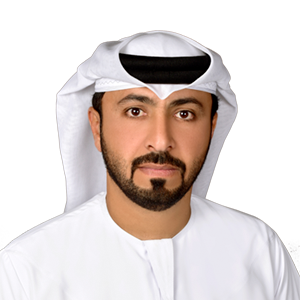
Editor-in-chief

Former Editor-in-Chief of Al Jundi Journal
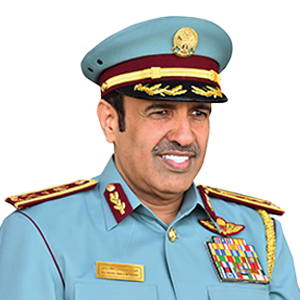
Director General of Dubai Civil Defence
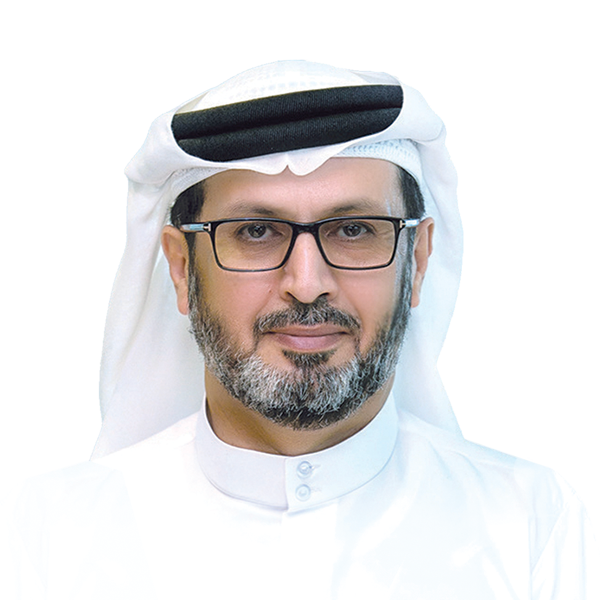
Member of the Federal National Council
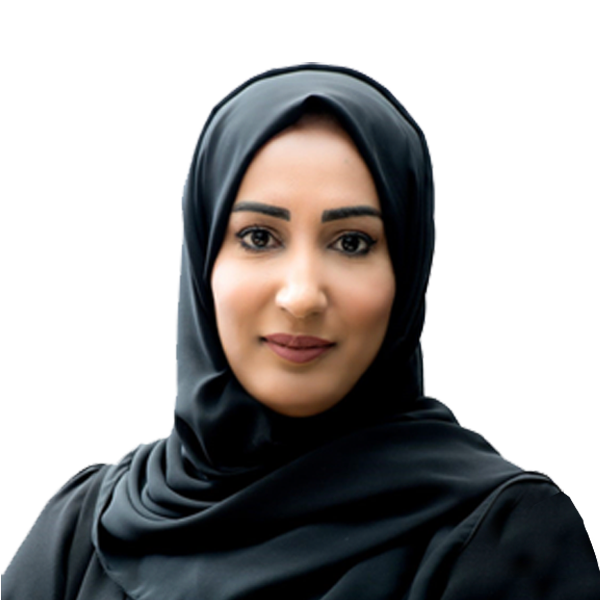
Secretary General of the Environment Agency - AD
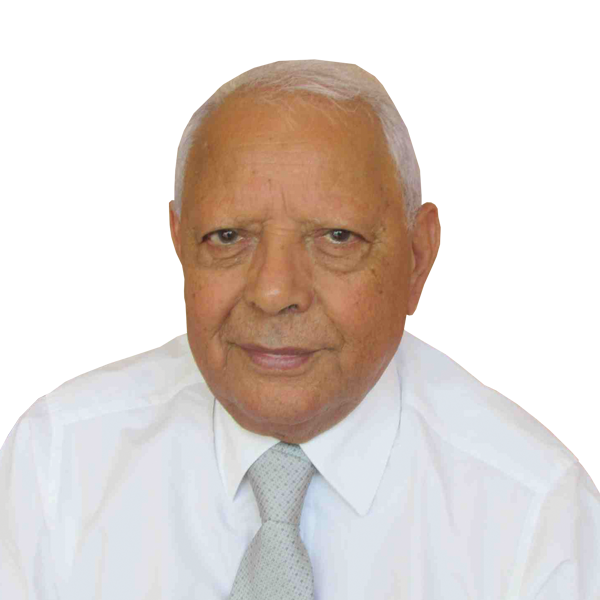
Former Minister
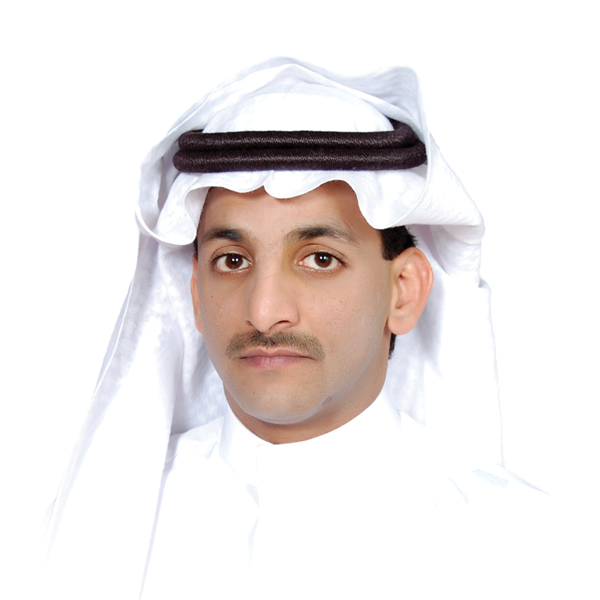
Writer and Political Analyst
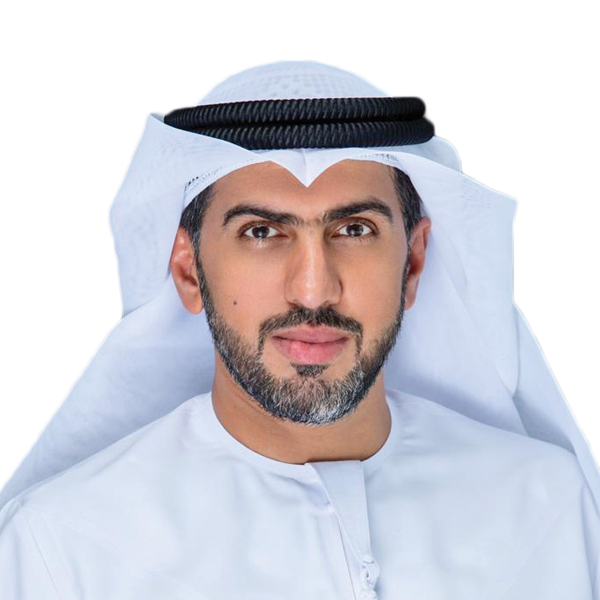
Journalist and Political Analyst
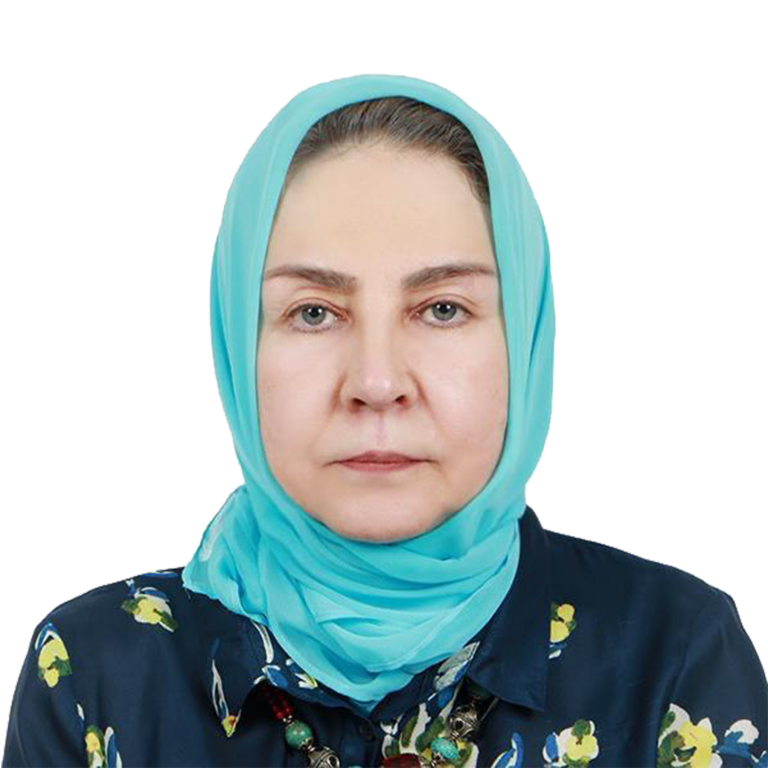
Senior Fellow /TRENDS Research and Advisory

Please use portrait mode to get the best view.
